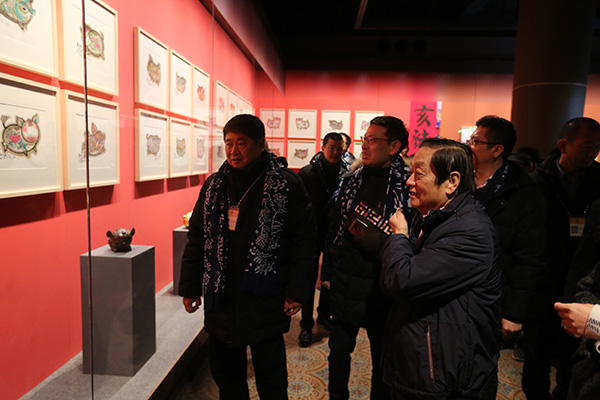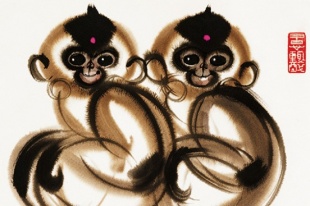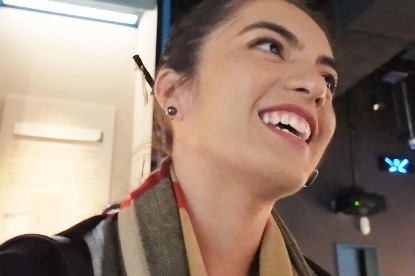Stamp of approval


He depicts a chubby pig with a happy face in one stamp to indicate people's pursuit of a prosperous life and future. In the other stamp, he has designed a family portrait-the parents and three piglets-to present family union.
"Meilin adopts personification to paint animals," Chen Lyusheng, a researcher at the National Museum of China, says.
"Even animals like mice and snakes, which usually have an unfavorable impression among people, can be embodiments of beauty in his paintings. Indeed, love has no classification.
"Besides, the paintings show his temperament and spiritual world. One can't help feeling Meilin is never old," Chen says.
Han lived a hard life during the "cultural revolution" (1966-76), but the years of being tortured and imprisoned did not twist his humanity, Wang, the researcher, adds.
"He never complained," Wang says. "Instead, he had grown a more fervent desire for kindness and became more caring for all living beings."
It was that spirit which encouraged Han to begin a tour project, "caravan of art", promoting his new explanation of Chinese folk art as soon as the nation's reform and opening-up began to usher in a new epoch for China.
Han held exhibitions in 21 cities in the United States in 1980, during which he was awarded the key to the city of San Diego as an honorary citizen, while Manhattan in the city of New York, declared October 1, 1980, as Han Meilin Day.
Foreigners are most probably familiar with at least two of his creations: The phoenix-shaped logo of Air China and the five Fuwa mascots for the 2008 Beijing Olympics.
In 2015, he was named the UNESCO "artist for peace" in recognition of his long-term commitment to promoting art and artistic education in China, and his support for providing quality education to young people. In 2018, the International Olympic Committee also bestowed upon him the Coubertin Medal-a distinction awarded to those who exemplify the spirit of sportsmanship in Olympic events or through exceptional service to the Olympic movement.




































